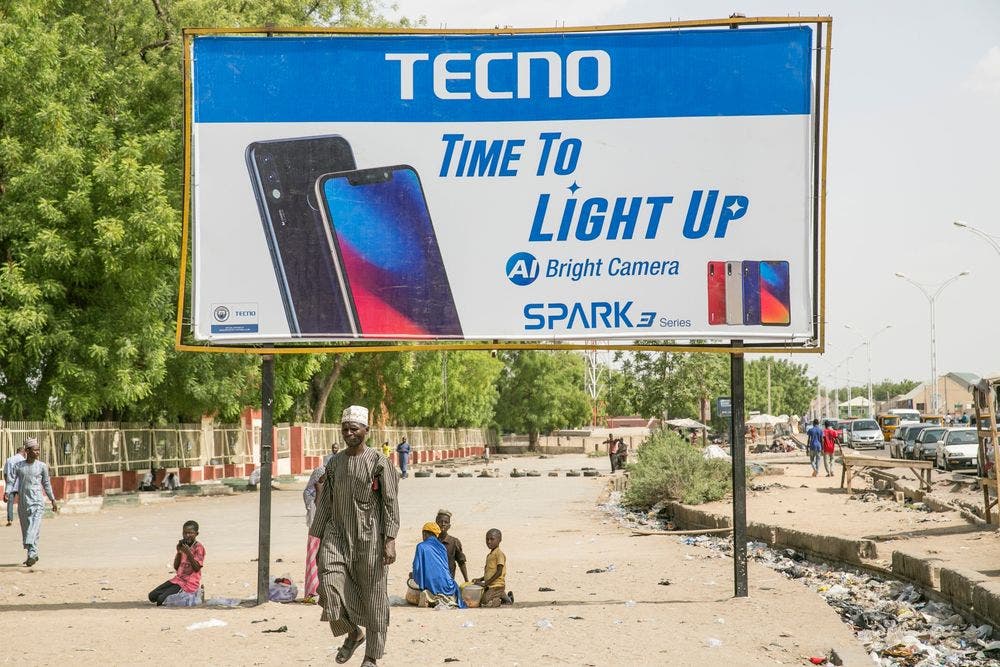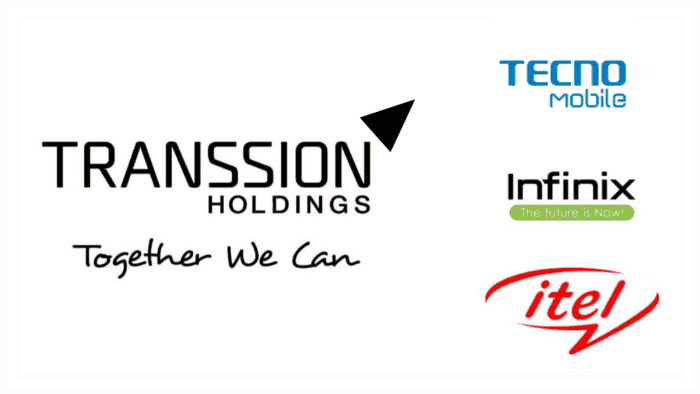Transsion, the Chinese telecom company that dominates the African market, has reported strong growth for Q2 after experiencing five quarters of decline. This news comes as a relief to the company. It has been working to expand its market share in South and Southeast Asia. To make up for its losses in Africa.
According to a preannouncement made on Wednesday, Transsion’s Q2 revenue increased by 30.7 percent year over year to 15.8 billion yuan (US$2.2 billion). Profits doubled from the previous quarter to 1.6 billion yuan, 83 percent higher than a year ago. Total H1 revenue and profits increased by 8 percent and 27 percent, to 25 billion yuan and 2.1 billion yuan.
The company attributes its revenue growth to market expansion and product upgrades. Gross margin improved due to lower costs, and the shift towards smartphones among African consumers has also contributed to the company’s success. While global smartphone sales fell for the eighth consecutive quarter by 8 percent in Q2, Transsion’s market in Africa declined by less.
Transsion is not a well-known brand outside of Africa, yet it sells 40 percent of all phones in the continent, making it the dominant player in the region. The company’s three brands, TECNO, itel, and Infinix, cater to the diverse needs of African consumers. With a range of phones and other electronic devices.
While Transsion sells only 6 percent of all smartphones worldwide, the company’s market share jumps to 11 percent when all phones are included. Despite this success, Transsion’s market share in Africa has fallen from a peak of 57 percent. Although it still maintains a substantial 40 percent.
Africa remains Transsion’s most important market, as the population is young and becoming more urbanized. The region’s embrace of mobile internet without going through a personal computer stage creates opportunities for companies that are not Western behemoths. This ongoing mass adoption of smartphones in Africa is expected to keep profits growing for some time.
Transsion has been making non-phone products since 2019, including electronic gadgets and home appliances. It also owns a repair business called Carlcare and some operating systems. Although phones still generate 90 percent of its revenue.
Transsion: Dominating Africa’s Smartphone Market and Beyond

To maintain its profitability, Transsion has been trying to make midrange and high-end products, including phones and IoT home gadgets. More than 80 percent of Transsion’s phones are already smartphones, up from 58 percent in 2016. However, the company will need to find new ways to maintain its profitability as the shift towards smartphones reaches its peak.
Chips became cheaper this year, which lowered costs for Transsion. Inventory has fallen back from last year’s high level. And its stock price has doubled since the lows of last year. As the company looks towards the future, it faces the challenge of expanding in places where smartphones are already ubiquitous. This could dilute the overall margin.
Despite these challenges, Transsion’s gross margin in Africa was 27.6 percent last year, 11 percentage points higher than in the rest of the world. This year’s profit increase is also primarily driven by Africa. The company’s management is cautiously optimistic, warning that it will need to navigate the challenges of expanding into new markets while maintaining its profitability.
In conclusion, Transsion’s strong growth in Q2 is a positive sign for the company. It has been working to expand its market share in Africa and other regions. While the company faces challenges in maintaining its profitability as the shift towards smartphones reaches its peak. Its dominance in the African market and its focus on making midrange and high-end products suggest that it is well-positioned for future growth.






